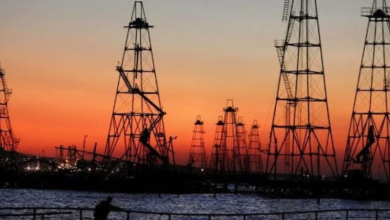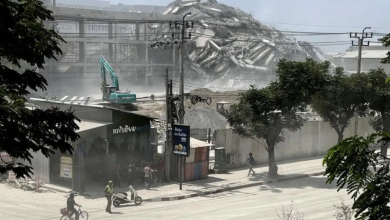Climate Change Could Impact Timekeeping

A recent study published in the journal Nature suggests that climate change is affecting the speed of the Earth’s rotation, which could affect how we keep time. The study highlights that accelerating melt from Greenland and Antarctica is adding extra water to the world’s seas, redistributing mass and slightly slowing the Earth’s rotation.
What’s Happening to Earth?
The Earth is still spinning faster than it used to, leading to the possibility of subtracting a second from our clocks later than previously anticipated.
Climate Change Could Impact Timekeeping
Coordinated Universal Time (UTC), used by most of the world to regulate clocks and time, is calculated based on the Earth’s rotation. However, the Earth’s rotation rate is not constant and can vary due to changes in its liquid core. Since the 1970s, about 27 leap seconds have been added to the global clock to account for this variation, with plans to subtract a second for the first time in 2026, known as a “negative leap second.”
Ice Melt’s Offset
The study finds that ice melt caused by climate change has partly offset the acceleration of the Earth’s rotation. Ice sheets are losing mass five times faster than 30 years ago, delaying the need for a negative leap second until 2029. This phenomenon demonstrates the tangible impact of human-induced climate change on the Earth’s fundamental processes.
Unprecedented Challenges
The potential use of a negative leap second poses unprecedented challenges for global timekeeping infrastructure. Duncan Agnew, the study’s author, noted the significance of this change, stating, “It’s kind of impressive, even to me, we’ve done something that measurably changes how fast the Earth rotates.” This shift highlights the unique and unforeseen consequences of human activities on the planet’s natural systems.
Technical Challenges
However, implementing a negative leap second may take a lot of work. Demetrios Matsakis, the former chief scientist for time services at the US Naval Observatory, expressed scepticism, stating, “Earth is too unpredictable to be sure” if a negative leap second will be necessary. This uncertainty poses challenges for computer systems worldwide, as many programs assume that leap seconds are always positive and may need to be rewritten to accommodate this change.
The study underscores the profound impact of climate change on the Earth’s rotation and timekeeping. As human activities continue to alter the planet’s climate, the need to adapt our timekeeping systems to reflect these changes becomes increasingly apparent. Addressing these challenges will require international cooperation and innovative solutions to ensure the accuracy and reliability of global timekeeping in the face of a changing climate.



